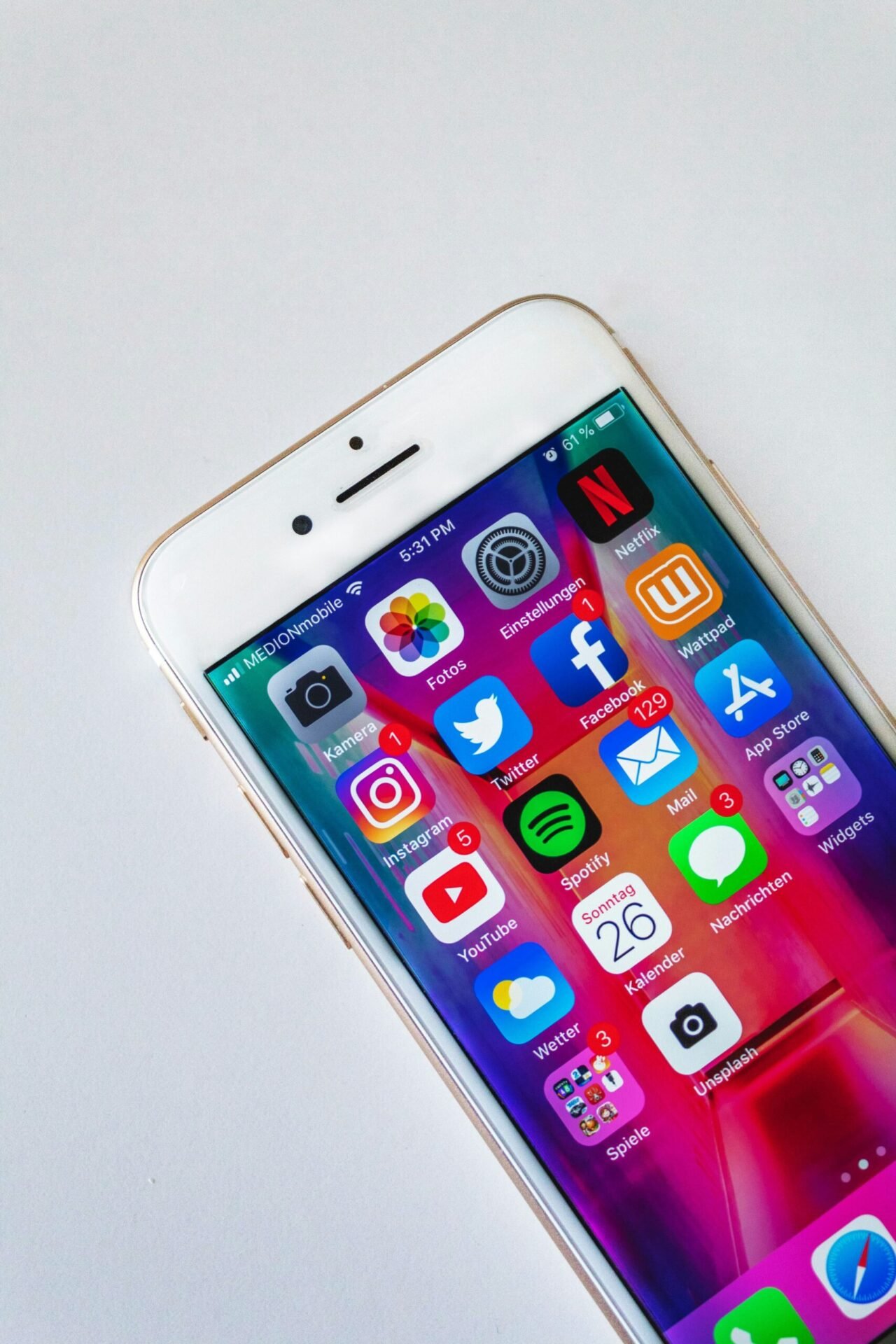The Importance of Media Literacy for Young People in Europe
In today’s digital age, the internet has become an integral part of our daily lives. It has transformed the way we access information, communicate, and interact with the world. For young people in Europe, the internet has become an essential tool for learning, entertainment, and staying connected. According to the Digital News Report, 96% of young people aged 16 to 24 in Europe use the internet daily.
However, along with the benefits of the internet, there are also challenges. One of the major concerns is the prevalence of fake and misleading information online. Social media platforms have become a primary source of news for younger demographics, surpassing traditional news websites. Unfortunately, these online spaces are also breeding grounds for misinformation.
The Impact of Fake News on Young People
A study conducted by the Université Catholique de Louvain revealed that about 47% of European citizens encounter incorrect information on social media platforms and electronic news websites. This alarming statistic highlights the need for media literacy among young people to protect them from believing and being misled by fake information.
Joyce Wiesenberg, a researcher at the Université Catholique de Louvain, emphasizes the importance of digital skills in today’s society. She explains that having digital skills is crucial for digital inclusion and participation. A lack of digital skills may limit opportunities for young people and make them vulnerable to false and misleading information.
The Role of Media Literacy in Protecting Young People
Media literacy plays a vital role in equipping young people with the skills to navigate the digital landscape effectively. While media literacy cannot completely prevent young people from being exposed to fake information online, it can empower them to critically evaluate and verify the information they encounter.
Trust in social media platforms for news among young people is paradoxical. Despite relying heavily on social media for news, they tend to trust it the least compared to other news sources such as television news, radio news, or electronic newspapers. This trust paradox highlights the need for media literacy education to help young people discern reliable news content from misinformation.
Efforts to Improve Media Literacy Among Young People
Recognizing the importance of media literacy, organizations like UNESCO have taken initiatives to promote media literacy among young people in Europe. World Media and Information Literacy Week, hosted by UNESCO, serves as a platform to explore ways to enhance media literacy skills.
The YSkills (Youth Skills) project conducted a study on the level of digital skills among children in six schools across Estonia, Finland, Germany, Italy, Poland, and Portugal. The study revealed that children feel less confident in finding and evaluating information, highlighting the need for media literacy education.
Another project called “Promoting Youth Media Literacy for Civic Engagement” focused on young adults aged 18 to 29 in Finland, Norway, and Romania. The project found that the level of media literacy among young adults in these countries is generally high. However, there is still a gap when it comes to creating online content responsibly.
Tools to Enhance Media Literacy
To bridge the gap in media literacy skills, various tools and resources have been developed to educate young people in an engaging and interactive manner. Here are some examples:
- Bad News Game: This game allows users to understand the techniques behind misinformation. Players take on the role of a fake news producer and produce tweets that include various misinformation-related techniques. The game aims to make players resistant to disinformation tactics.
- Go Viral!: Similar to the Bad News Game, Go Viral! focuses on immunizing players against misinformation related to COVID-19. Players take on the role of a purveyor of fake medical news and learn to identify and combat misinformation.
- Libertas Veritas: In this game, players work in a misinformation and propaganda unit for a totalitarian regime. They must make choices that please the leader and aim to change the minds of the masses. The game highlights the power and impact of propaganda.
- Play Interland – Be Internet Awesome: Created by Google, Play Interland aims to make kids confident internet surfers. It teaches them how to identify fake news, share news responsibly, and stay safe in digital spaces.
- Fakey: Fakey is a game that simulates a social media news feed. Players can “share,” “like,” or “check” recent news and learn to detect and scrutinize misleading information.
By utilizing these tools and resources, young people can develop critical thinking skills, become more discerning consumers of information, and actively contribute to a more informed and responsible digital society.
In conclusion, media literacy is crucial for young people in Europe to navigate the digital landscape effectively. It empowers them to distinguish between reliable information and fake news, protecting them from being misled and ensuring their active participation in the digital world. Efforts to enhance media literacy through initiatives and educational tools can equip young people with the necessary skills to thrive in today’s digital society.

